How a strong regulatory push can jumpstart Indonesia's biomass sector
By Harsh ThackerThe electricity demand is expected to grow in the world’s 16th largest economy and the fourth most populated country, Indonesia at an average of 10.1% per annum till 2031. In December 2012, Indonesia had a total installed capacity of 32,951 MW.
As mentioned in the Draft General Plan of Electricity (RUKN) 2012-2031, peak load power demand is expected to be 168 GW in 2030, which is 5.09 times the total installed capacity in December 2012.
Further, as per the national electrification policy, the government of Indonesia is planning to supply electricity to 90% of its population by 2020 from the currently electrification rate of only 75.8%.
By 2025, Indonesia might have to import over 70% of its national oil requirement due to the dwindling oil production in the country and the rising electricity demand.
Hence, the government is planning to replace the consumption of oil for power generation with increased usage of coal and renewable energy (RE) sources.
Setting the Baseline – Renewable Energy Target and Feed-in-Tariff Policy
Acknowledging the looming threat of electricity scarcity in the coming years, the ministry of energy has already taken steps to increase the nation’s dependency on RE sources. The government has set an ambitious target to generate 17% of energy from renewable sources by 2025.
Amongst the various RE sources, Indonesia is a hotbed for biomass power with a potential to generate 49,500 MW of electricity, but currently, has only realized a capacity of 1,600 MW.
To achieve the above RE target, the country needs to install around 33,000 MW of biomass based power plants by 2025, or 2,385 MW of installation annually till 2025.
Biomass is the only renewable source of power which can support conventional fuels for the base-load generation as these plants can run with a high availability rate of 90%.
Effective utilization of indigenous biomass feedstock and coal fired power plants will enable the country to reduce its imports on oil substantially.
Taking cue from its Southeast Asian counterparts where regulations especially feed-in tariff (FiT) policy have played a major role in RE capacity building efforts, Indonesia’s Energy and Mineral Resources Ministry introduced a ‘Regulation No. 4/2012’ in 2012.
As per this regulation, the FiT for biomass power plants was fixed at 975 IDR (for feeding in at medium voltage in Java, Madura, Bali and Sumatra region),which is in the close range of FiT for geothermal power plants.
This move of the government has encouraged companies to invest in the biomass power sector.
For instance,
· Growth Steel Group is to invest 220 billion IDR to build a 30 MW power plant in North Sumatra. The project work for the same has started on 9th of July, 2012. Out of the planned capacity of 30 MW, 10 MW will be utilized for meeting captive power needs and the rest will be sold to state electricity company PT PLN through a power purchase agreement (PPA).
· In Sep 2012, the Korea Electric Power Industrial Development (KEPID) Group announced to develop a biomass power plant through the use of the industrial waste products generated through the process of producing palm oil in Pasaman Regency on West Sumatra.
· In Oct 2012, PT PLN announced that it had agreed to construct a biomass power plant of 1 MW capacity that would generate power by incinerating wood chips on Sumatra in partnership with the US-based company General Electric (GE). This plant is likely to be commissioned by 2014.
Strong Regulatory Framework is the Need of the Hour to Build Biomass Power Capacity:
· The existing FiT policy is silent over the time period of PPA and this ambiguity will discourage potential investors to make early investments. The Energy Ministry may take a leaf out of Thailand’s neat and clear regulations for the installation of renewable power generators in the country.
Like Thailand, Indonesia should also specify a minimum time period in PPAs for the biomass power produced to sustain developers’ interest in this sector.
· Apart from the FiT tariff regulations, government may also intervene to fix prices for the various types of biomass feedstock so that there is a regular raw-material supply to biomass-based power plants.
If investors are assured about a regular and fair price supply of raw material, their financial risks will drastically come down and they will invest more in setting up new biomass power plants.
· The Energy Ministry should also look into the regulations that govern the retrofits market for old oil/coal fired power plants to convert them into biomass fired power plants.
· Introduction of separate incentives for co-firing coal based power plants with biomass as a co-fuel will generate interest. If the fuel mix of 95% coal and 5% biomass is used, no additional infrastructure investments are required and such projects should be highly encouraged by the government.
· Indonesian government could also consider providing tax benefits and plant machinery subsidies and low-interest rate financing for biomass power plants.
All these regulations and incentives are highly critical for the biomass power sector to realize its hidden potential.
Conclusion
Weak regulatory framework and lack of incentives dissuade investors’ interest to develop a market that has high growth prospects. Besides, subsidized electricity prices discourage investments.
In the current scenario where most of the planned thermal power projects are getting delayed due to several reasons, strong regulatory push from the government to address the various challenges in the biomass power sector will go a long way in harnessing the untapped potential.
Achieving the proposed RE target in the given timeframe is highly questionable with the absence of industry-friendly regulations.



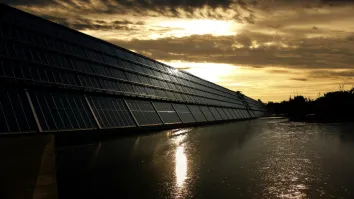

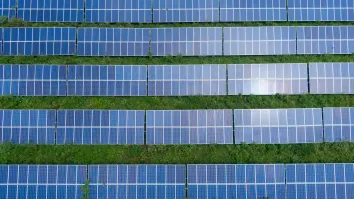

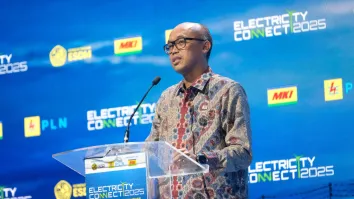
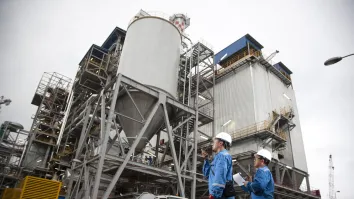

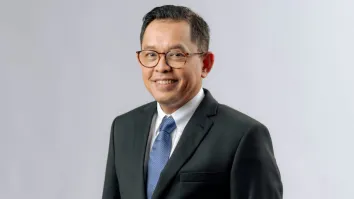
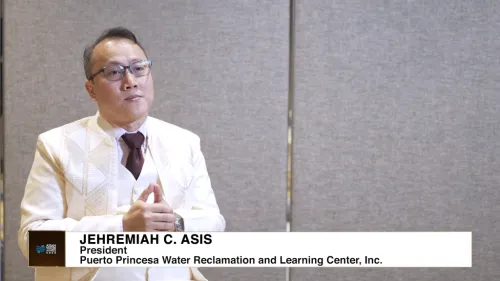
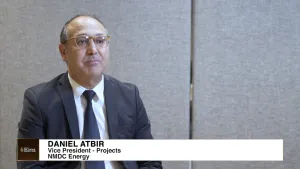
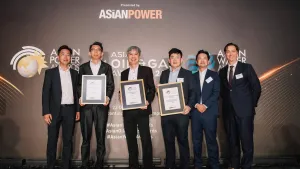
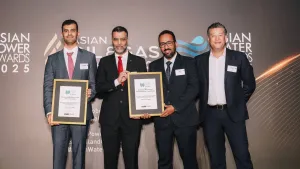


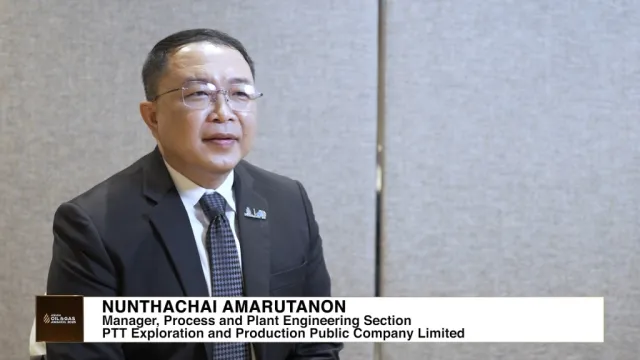


 Advertise
Advertise






